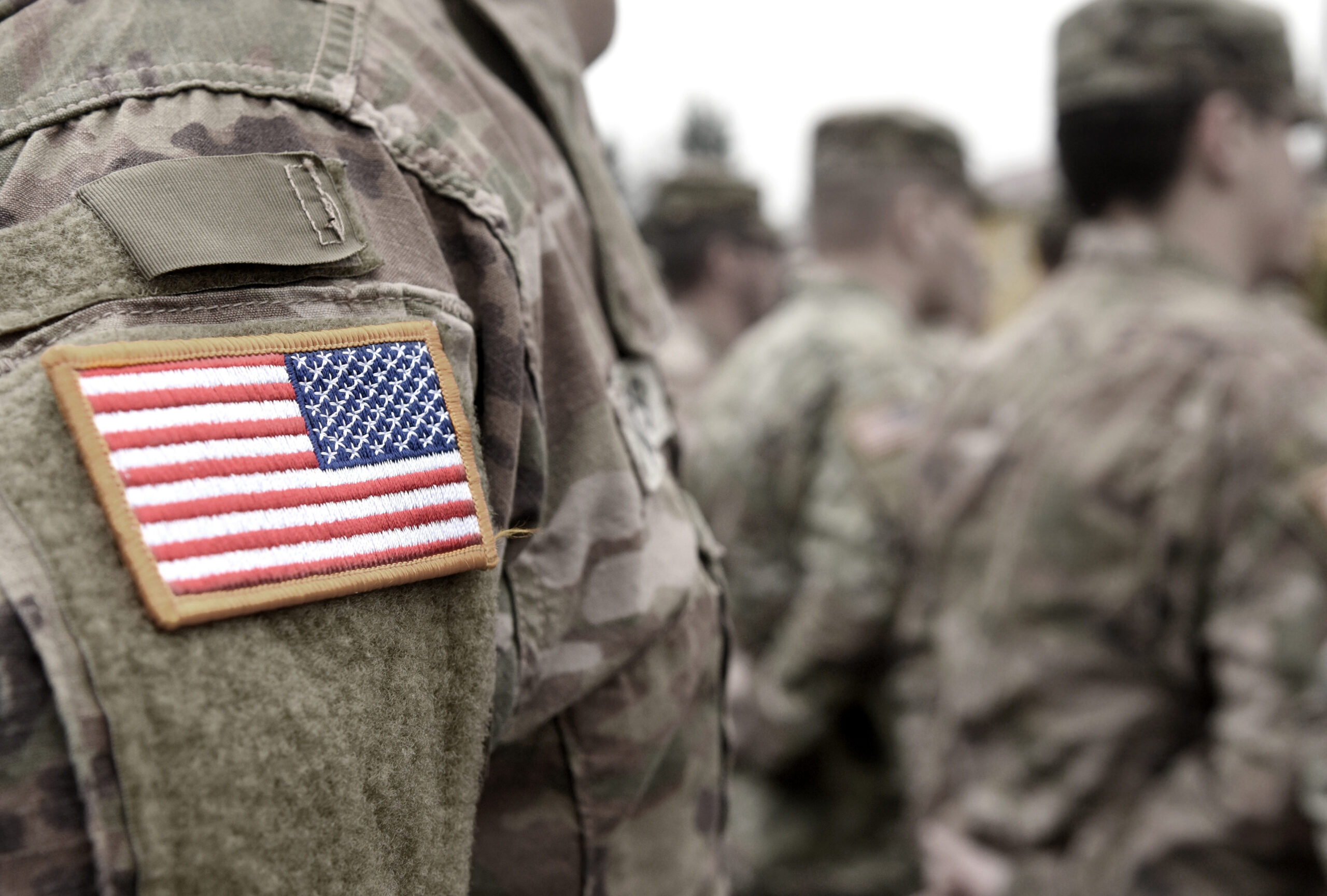Connect with us
Published
4 months agoon

While there have been plenty of surveys looking at support for cannabis reform, along with a growing number looking specifically at therapeutic access to psychedelics, few have focused on sub-groups that may especially benefit from these plant medicines, like veterans.
Researchers at Ohio State University recently partnered with the Moritz College of Law’s Drug Enforcement and Policy Center to conduct a survey examining the impact of drug policies on veterans and their families. The survey, “Attitudes on Treatment Options,” also asked participants about their opinions on cannabis and psychedelics as a treatment for various medical conditions.
Researchers noted that previous studies examining veteran perspectives showed “some support” for cannabis or psychedelics as treatment options, though these studies “have not closely explored how veteran perspectives on certain drug issues compare directly to those in their immediate and broader community.”
Overall, the survey results showed that both veterans and families of veterans broadly support cannabis and psychedelics as effective medical treatments and that doctors should be able to legally recommend cannabis and psychedelics to patients who could benefit, even without FDA approval. However, participants were more supportive of cannabis medicine overall than psychedelic medicine.
The sample for the study consisted of 1,168 individuals, including 315 active and veteran military personnel, 426 military family members and 427 non-military participants. The survey was conducted over a few weeks in late August and early September 2023. The average age of participants was 48 years, with military family members averaging 55 years, non-military individuals at 46 years and active/veteran military personnel at 41 years.
Researchers posed a set of four statements to participants, regarding both cannabis and psychedelics, asking whether they agreed or disagreed with the statements.
In response to the statement, “Marijuana can be an effective treatment for various medical conditions,” all surveyed groups showed high support (veterans at 67%, families of veterans at 86% and non-military at 83%). The same question in regard to psychedelics still garnered support across the board (veterans at 62%, families of veterans at 64% and non-military at 67%).
Most participants also agreed with the statement that reads, “A doctor should be legally allowed to recommend marijuana if the doctor believes the patient could benefit from medical marijuana, even without FDA approval,” with 67% of veterans, 86% of families of veterans and 83% of non-military showing support. Those numbers dropped when it came to the follow-up question, asking whether a doctor should only be able to legally recommend cannabis after it received approval by the FDA (50% of veterans, 33% of families of veterans and 39% non-military).
Similar trends followed when it came to the same questions regarding psychedelics with somewhat less support across the board, as 52% of veterans, 64% of families of veterans and 57% non-military agreed that doctors should be legally allowed to recommend psychedelics if they believe a patient could benefit, even without FDA approval. On the contrary, 48% of veterans, 39% of families of veterans and 46% of non-military participants said that doctors should only be able to recommend psychedelics after they receive FDA approval.
The final statement focused on whether the U.S. Veterans Administration (VA) doctors should be able to recommend cannabis or psychedelics to veterans if they believe patients could benefit. This inquiry is especially relevant in modern-day discussions surrounding veteran access to plant medicine, as current federal law deems that VA doctors may not recommend medical cannabis to their patients even in states where it’s legal. Provisions repealing the ban are also currently pending.
Participants showed the most support for this statement for both cannabis and psychedelics: 79% of veterans, 92% of family of veterans and 90% of non-military participants agreed that that VA should be able to prescribe cannabis, while 64% of veterans, 78% of family of veterans and 76% of non-military participants said the same for psychedelics.
In their discussion, researchers note that previous studies have shown that members of the military community are willing to look at alternative treatments that could explicitly work to benefit veterans and active members.
“The present survey’s results indicate that a sizeable majority of respondents supported the use of marijuana as a treatment option, and that many respondents supported the use of psychedelics as a treatment option,” researchers said. “That said, the results of this study indicated that active and veteran military personnel remain somewhat less supportive in their viewpoints about use of historically illicit drugs as a medical treatment when compared to their family members and the general population.”
The topic of cannabis, and plant medicine as a whole, as it pertains to veterans is becoming more prominent as reform measures continue to spread. A recent study found that one in 10 veterans reported using cannabis within the past year, and another found that nearly half use cannabis for therapeutic purposes.


Study Reveals State Cannabis Legalization Lowers Immigrant Deportation


DEA Challenges Bid To Use Psilocybin Under ‘Right To Try’ Legislation


Vegans Rejoice as Farmers Switch from Chickens to Hemp


Louisiana Legislative Committee Unanimously Passes Adult-Use Cannabis Framework Bill


Louisiana House Bill to Regulate Hemp Products Advances Along With Senate Bill to Ban


Cresco Labs Workers Reportedly De-Unionize
